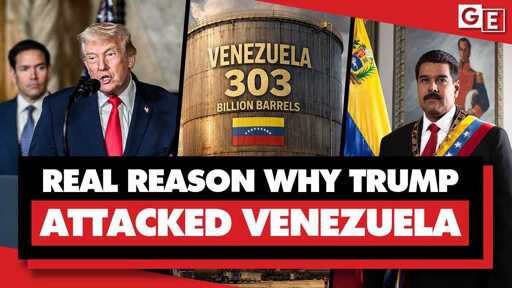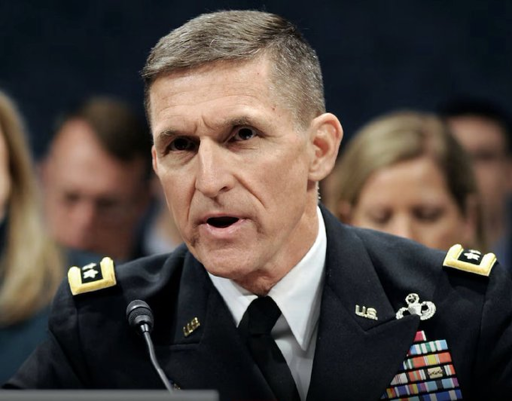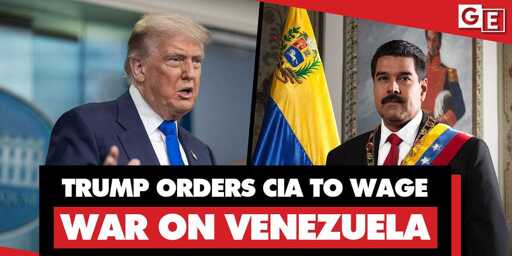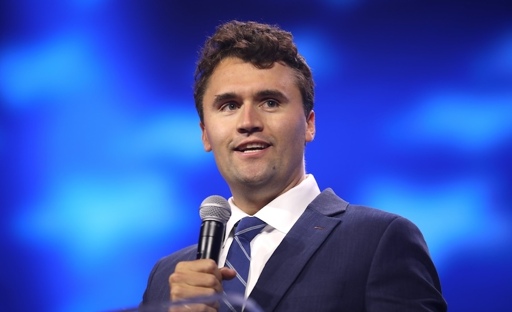Dessalines
- 106 Posts
- 1.41K Comments
This popped up in my feed today:

The vast majority of these people died before the US even conceptually existed.
Disgusting take, acting as if genocide was not colonial policy. You desperately need to read Roxanne Dunbar-Ortiz - an indigenous people’s history of the US.
Killed an entire continent of peoples and enslaved millions of people from another one to make agricultural commodities.
Also during ww2 the US refused a ship of jews fleeing nazi germany and made them return.
They also won’t make anti-semitism illegal cause freeze peach, so US cops often protect white supremacist groups during protests from righteously outraged ppl. US cops also often recruit directly from those groups, and use them to carry out illegal things actions they don’t want to be responsible for. There isn’t enough space here to even get into the US’s anti-semitic past.
100% agreed. Ruling classes make laws to suit their interests, and law is opposed to morality and compassion in a lot of cases. US slavery was legal. South African and Israeli apartheid were/are legal. US torture camps like Guantanamo bay and Abu Ghraib are legal.
Even plea-bargaining in the US is a form of medieval-type coercion (confess your sins and we’ll reduce your punishment), and is a pillar of their justice system.
Broad estimates of US war victims range up to 12 million (a liberal estimate), whereas the Nazis killed over 13 million through mass killings alone (eg the Holocaust + exterminated minorities). The Soviet Union alone lost 20 to 27 million depending on who you ask.
In addition to the 500k-millions of native peoples and hundreds of tribes the US systematically nearly eradicated, lets take just a few more examples.
- Vietnam: 1.5M killed
- Laos: 300k
- Iraq: 1M
- Indonesia: 500k-1M
- Korea: 500k
- Japan: 200k-1M in civilian bombings
And I haven’t even started on operation condor and latin america yet.

 16·5 days ago
16·5 days agoThey’re gonna have to take everything out until all that’s left is illegal possession of machine guns.
Give me any nazi atrocity and I can provide an example of the US doing it, and probably far worse and on a larger scale.
Nazi germany explicitly tried to copy the US project (lebensraum evicting eastern europe, rather than manifest destiny evicting native americans), and failed.
The only reason nazi germany is demonized more than the US, is because they lost. The US has committed far more atrocities, and on a larger scale.

 18·6 days ago
18·6 days ago“What are we, a bunch of asians!!??!”
The western powers led by the US use tanks far more often also. The US never gets accused of being tankies, even tho it used tanks in almost every one of its wars, including the wars on Iraq, Panama, Grenada.
It also uses tanks domestically against the people (police in every city have tank-like vehicles). They also used tanks in the waco standoff also where they burned ~100 people alive.
Of course the US prefers bombing people from the sky, but that’s not considered an atrocity by western chauvinists.
Click more, then view comment / view user moderation history in lemmy-ui
But now that Maduro’s VP has expressed a willingness to cooperate with Trump
100% false. Do not trust anything just because “Trump says” or “Rubio says”
Please report comments like these yall.

 361·7 days ago
361·7 days agoAnother “The US lies about everything but I trust everything they say about their enemies”

 21·7 days ago
21·7 days agoAnother langley-poster.
Go manufacture consent for war somewhere else.

 11·7 days ago
11·7 days agoJust popped in at a spot where the rep from Argentina gave their full support for the kidnapping. Despicable.













Hitler particle detector hasn’t registered levels this high yet